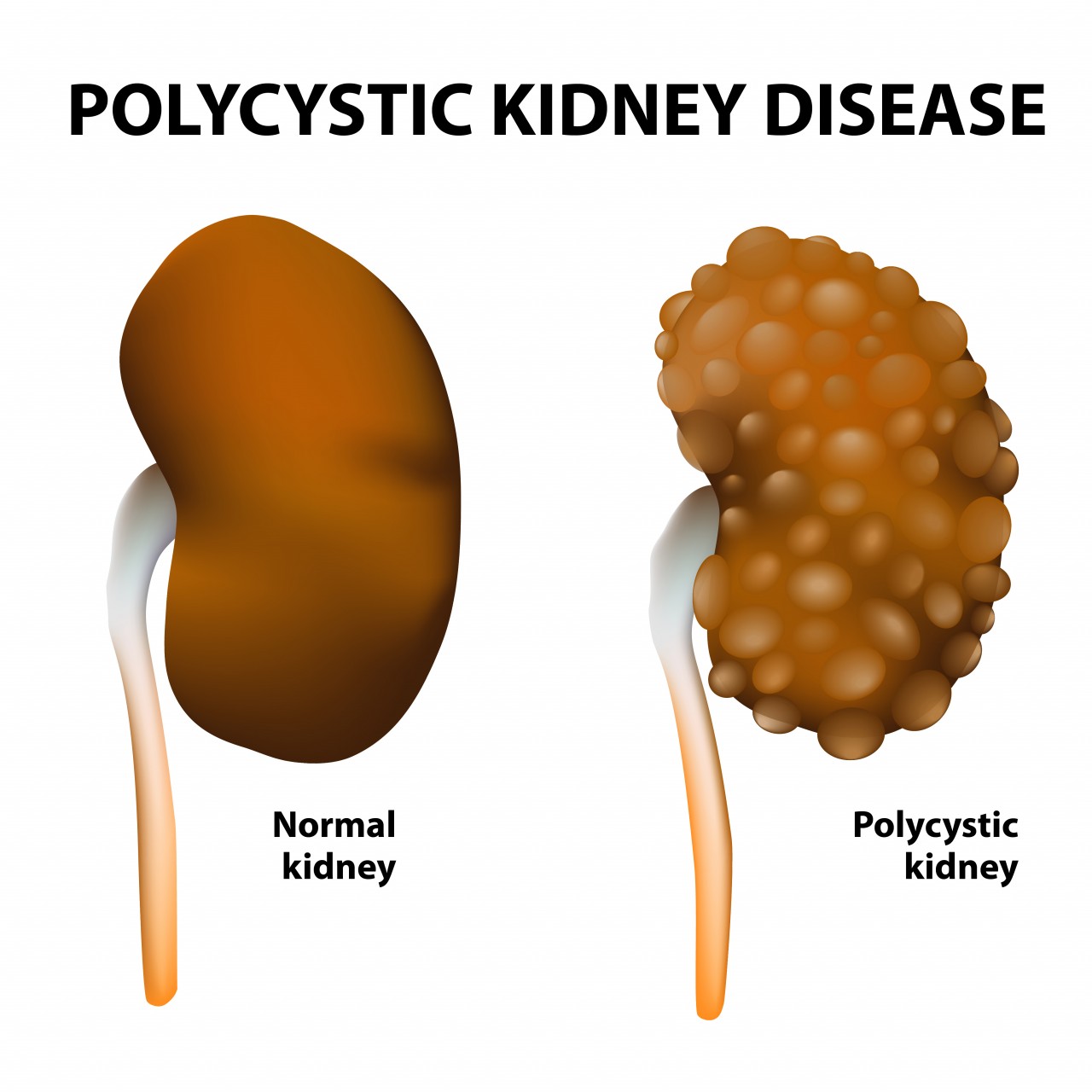The National Institute for Health and Care Excellence (NICE) recommended Otsuka’s Jinarc (tolvaptan) to be used within the National Health Service (NHS) in Wales and England as a treatment for adults with stage 2 or 3 chronic kidney disease to slow progression of cyst development and help protect renal function observed in life-threatening Autosomal Dominant Polycystic Kidney Disease (ADPKD).
ADPKD is one of the most common forms of polycystic kidney disease affecting an estimated 1 in 500 to 1 in 4,000 people worldwide (the disease often goes undiagnosed) and approximately 400,000 in the United States. This condition is also the most common form of inherited cystic kidney diseases — a group of disorders with related but distinct pathogenesis, characterized by the development of renal cysts and various extrarenal manifestations, which in ADPKD’s case include cysts in other organs, such as the liver, seminal vesicles, pancreas, and arachnoid membrane, as well as other abnormalities, such as intracranial aneurysms and dolichoectasias, aortic root dilatation and aneurysms, mitral valve prolapse, and abdominal wall hernias. Over 50% of patients with ADPKD eventually develop end stage kidney disease and require dialysis or kidney transplantation.
Tolvaptan, the first disease-modifying treatment available within the NHS, will be delivered to ADPKD chronic kidney disease (CKD) adult patients at stages 2 or 3 of the disease who show evidence of rapidly progressing disease. NICE’s final guidance for tolvaptan, which follows its European marketing authorisation granted in May 2015, also specifies that the drug can only be prescribed if the company provides it at a pre-agreed discounted rate.
NICE’s recommendation was based on the outcomes of the TEMPO 3:4 pivotal Phase III clinical trial — the largest research ever conducted in ADPKD. Over a three-year study period, the results showed a significant reduction in the annual increase of total kidney volume for patients that received treatment with tolvaptan versus placebo. The drug also was also able to reduce the decline rate in kidney function when compared to placebo-treated patients by nearly 32%. Patients who were treated with tolvaptan were also less likely to experience kidney pain in comparison to those who received placebo.
Tess Harris, CEO of the Polycystic Kidney Disease (PKD) Charity, herself affected by ADPKD, said in a news release: “We hugely welcome NICE’s decision to recommend tolvaptan, the first ever therapy to target the underlying disease and not just the management of symptoms and complications. Tolvaptan is acknowledged by NICE as an innovative treatment and the first shown to specifically impact on ADPKD progression. Until now, there was no specific therapy to treat ADPKD and doctors have focused on treating the signs and symptoms of ADPKD, such as hypertension, chronic and acute pain, infections and brain aneurysms.”
She added: “We are deeply grateful to the thousands of patients who have taken part in tolvaptan studies and trials over the past 10 years, particularly those who live in the UK. Many of these patients have continued to participate in on-going tolvaptan studies. We thank their families who supported them, the doctors and nurses who cared for them, the researchers and Otsuka Pharmaceutical Ltd who funded the development and trials of tolvaptan.”
Dr. Richard Sandford, a consultant in Renal Genetics in Cambridge, further added: “For the first time we can now discuss with individuals and their families who are affected with ADPKD or who are risk of developing it, that there is a treatment that has been shown to improve the long term outlook. Whilst it may not be suitable for everyone with ADPKD, the path to developing tolvaptan as a treatment has told us how we may best monitor disease progression over the long term and identify those that will benefit from treatment the most. It will also help some families to decide when to consider screening for this condition, often a difficult decision.”

